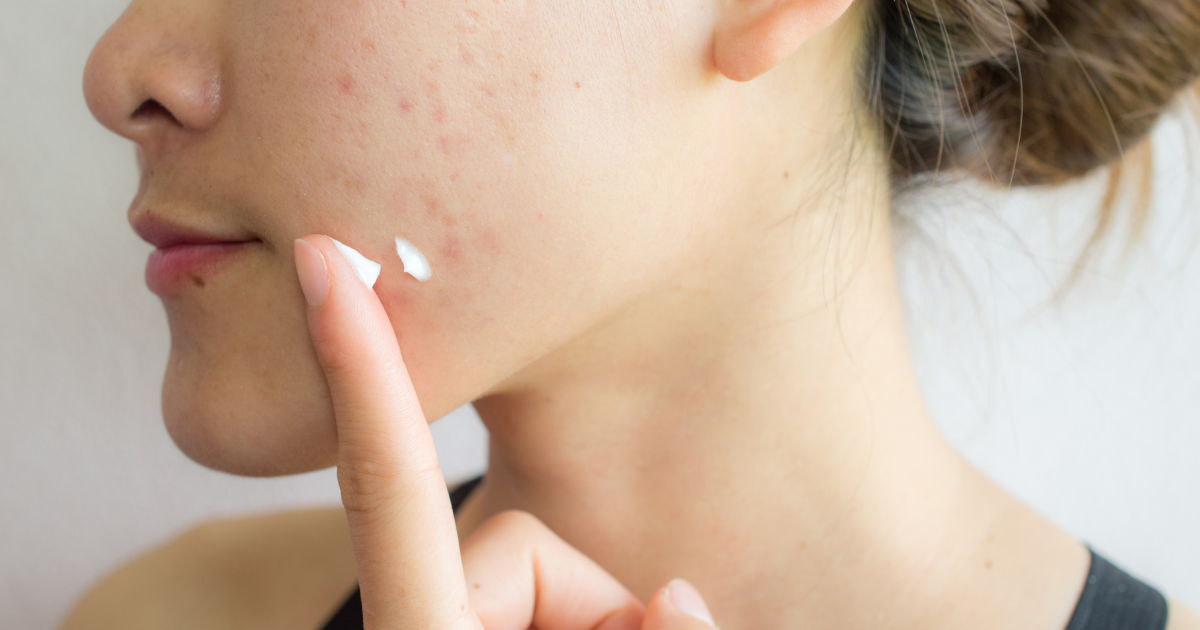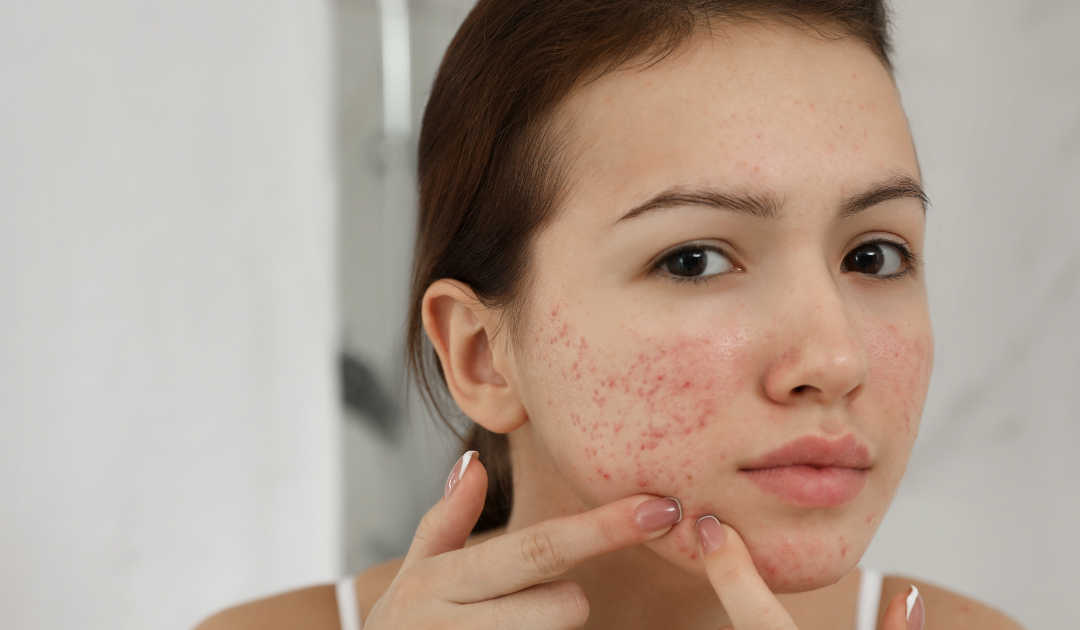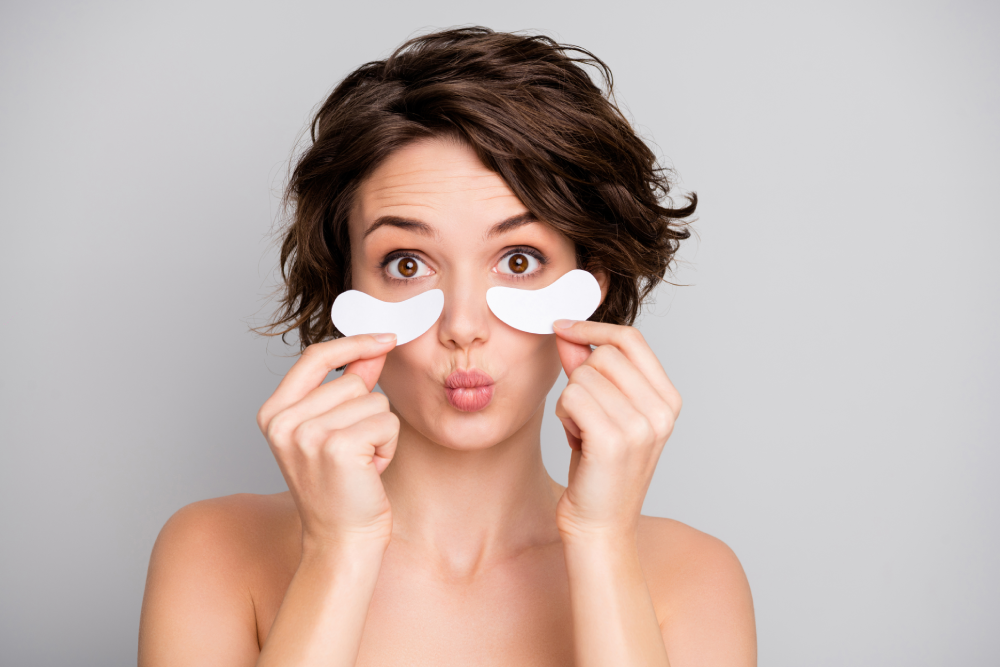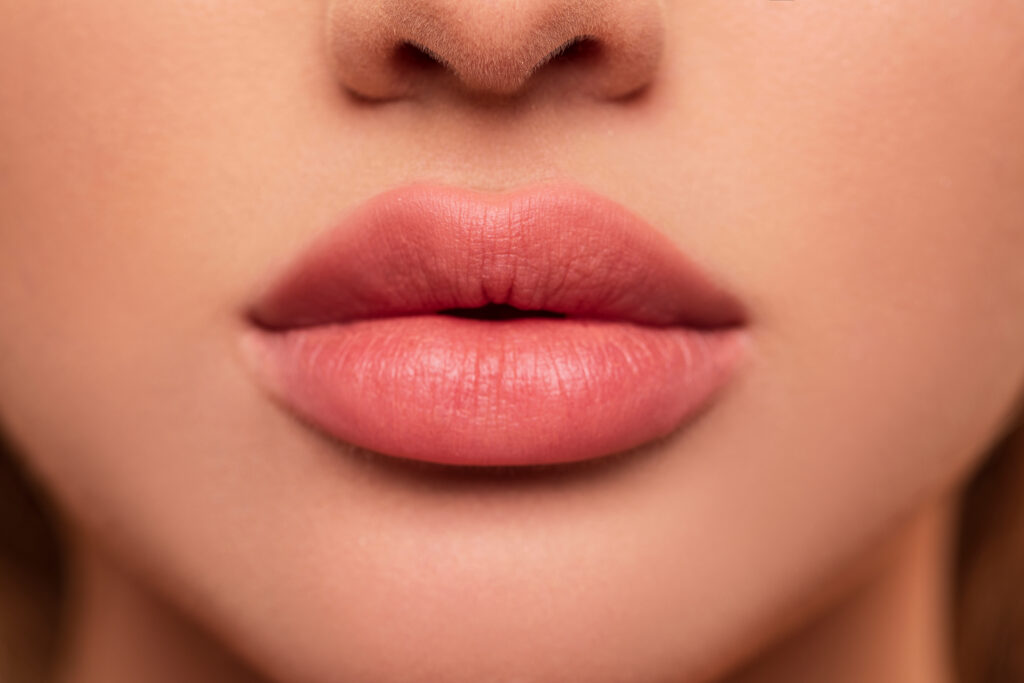Acne is a common skin condition that affects millions of people worldwide. Moreover, many individuals struggling with acne are those who also struggle with dry skin, making the relationship between the two crucial to understand.
This article aims to shed light on the connection between acne and dry skin while promoting the significance of seeking professional acne treatment for effective results and improved skin appearance. Let’s get into it!
The Basics of Acne
Acne is a dermatological condition that occurs when hair follicles become clogged with oil and dead skin cells. Bacteria can then thrive in these clogged pores, leading to inflammation and the formation of various acne types, such as whiteheads, blackheads, and pimples. Hormonal changes, stress, and genetics play significant roles in acne development.
Understanding Dry Skin
Dry skin is characterized by a lack of moisture, resulting in rough, flaky, and sometimes itchy skin. Factors like cold weather, low humidity, harsh skincare products, and genetics can contribute to dry skin. Individuals with acne and dry skin may find their condition exacerbated as dry skin can further clog pores, leading to more frequent acne breakouts.
The Connection Between Acne and Dry Skin
- Dry skin can compromise the skin barrier, making it easier for bacteria to penetrate and cause inflammation, exacerbating acne symptoms.
- Some acne treatments, such as topical medications, can be drying, worsening the dry skin condition.
- Individuals with acne may avoid moisturizers, fearing they will worsen breakouts, but this can lead to even drier skin, making acne management more challenging.
The Importance of Professional Acne Treatment
Seeking professional acne treatment can significantly improve the condition and appearance of the skin. Here’s why:
- Expertise and Knowledge: Dermatologists and skincare professionals possess the expertise to identify the root causes of acne and develop personalized treatment plans.
- Targeted Solutions: Professional treatments can effectively address different types of acne, including stubborn cystic acne.
- Minimize Acne Scarring: Professionals can reduce the risk of acne scarring through appropriate treatment and prevention measures.
- Effective Acne Scar Treatment: Professionals can also provide effective treatments for acne scars, improving the skin’s texture and appearance.
Professional acne treatment offers a range of effective solutions to address acne-related concerns. Through oral and topical medications, chemical peels, dietary adjustments, and innovative techniques like microneedling with PRP (Platelet Rich Plasma), professionals target the appearance, texture, complexion, and pigmentation of the skin.
Tips for Managing Acne and Dry Skin

- Hydration is Key: Use a gentle, non-comedogenic moisturizer to keep the skin hydrated without clogging pores.
- Skincare Routine: Develop a consistent skincare routine with products suitable for acne-prone and dry skin types.
- Avoid Overwashing: Excessive cleansing can strip the skin of natural oils, leading to increased dryness and irritation.
- Sun Protection: Always use sunscreen to protect the skin from harmful UV rays, and opt for non-comedogenic, oil-free products.
- Professional Guidance: Consult a dermatologist or skincare professional to tailor a treatment plan for your unique skin needs.
Conclusion
Understanding the connection between acne and dry skin is vital for effective treatment. Seeking professional acne treatment can yield transformative results, improving skin appearance and boosting confidence.
Don’t wait to take action! Reach out to Applied Aesthetic today at (516) 243-9907 for personalized solutions. Visit our clinic at Garden City, NY and embark on a journey to healthier, clearer, and more radiant skin.
Let’s make your skin the best it can be!





